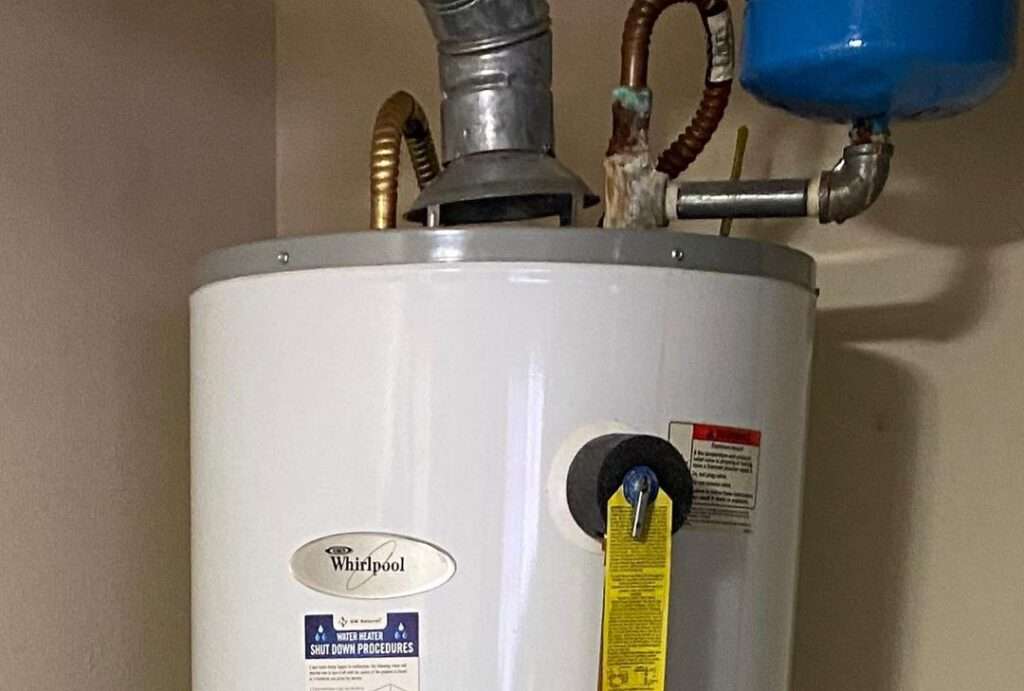A hot water heater is a crucial appliance in most homes, providing the convenience of readily available hot water for showers, washing dishes, and various other tasks. Understanding how your hot water heater functions and what constitutes normal operation is essential for both efficiency and safety. One common question homeowners often ask is: “Should my hot water heater feel hot to the touch?” This article will delve into this question, exploring the factors that influence the external temperature of your water heater, potential problems, and troubleshooting tips to ensure optimal performance.
Understanding Hot Water Heater Temperature Dynamics
Let’s explore the factors that determine how warm your hot water heater should feel. It’s not always a simple yes or no answer, as several elements come into play.
Factors Affecting External Temperature
The exterior temperature of your hot water heater can be influenced by several key factors. Understanding these factors can help you differentiate between normal operation and potential issues.
- Ambient Temperature: The surrounding air temperature significantly affects how hot the water heater feels. In warmer climates or during summer months, the tank might feel hotter.
- Insulation: Modern water heaters are designed with insulation to minimize heat loss. However, older models might have less effective insulation, resulting in a warmer exterior.
- Water Temperature Setting: The temperature setting on your water heater directly impacts the water’s temperature inside the tank and, consequently, the tank’s external temperature.
- Usage: Frequent hot water usage can cause the heater to work harder and potentially feel warmer as it replenishes and heats the water.
Is a Warm Water Heater Normal?
A slightly warm water heater is generally considered normal. The key is to differentiate between a mild warmth and excessive heat.
Fact: Most modern hot water heaters are designed to maintain a water temperature between 120°F and 140°F (49°C and 60°C). This temperature range is considered safe and efficient.
Troubleshooting an Overheating Water Heater
If your water heater feels excessively hot to the touch, it might indicate a problem. Here’s a simple table to guide you through potential issues and solutions.
| Problem | Possible Cause | Solution |
|---|---|---|
| Excessively Hot Exterior | Faulty Thermostat | Replace the thermostat. |
| Constant Heating | Stuck Heating Element | Inspect and replace the heating element. |
| No Hot Water | Failed Heating Element | Test and replace the heating element. |
| Leaking Water | Tank Corrosion or Damage | Consider replacing the entire water heater. |
Safety Precautions
Always exercise caution when dealing with electrical appliances and hot water. If you’re not comfortable performing repairs yourself, consult a qualified plumber or electrician.
FAQ About Hot Water Heater Temperature
Here are some frequently asked questions regarding hot water heater temperatures and operation.
- Q: How hot should my hot water be?
A: The recommended temperature is between 120°F and 140°F (49°C and 60°C). - Q: Why is my hot water heater making noise?
A: Sediment buildup can cause rumbling noises. Flushing the tank can help. - Q: How often should I flush my hot water heater?
A: It’s recommended to flush your water heater annually to remove sediment. - Q: How long should a hot water heater last?
A: Typically, a well-maintained water heater can last between 8 and 12 years.


